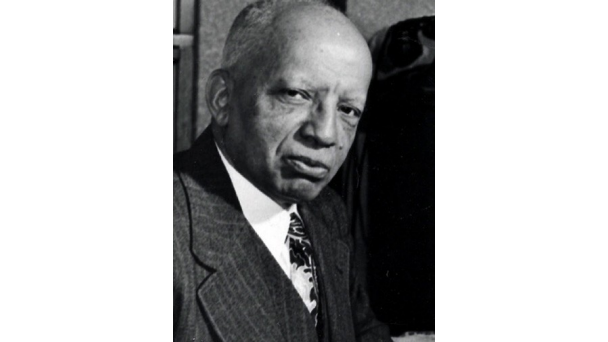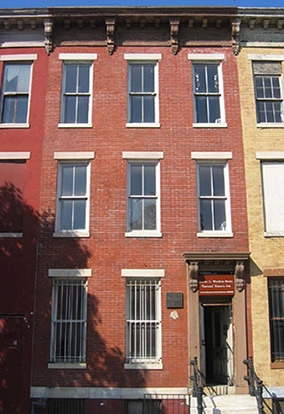AARP Hearing Center

Carter G. Woodson, Ph.D., was born to former slaves in 1875. His parents, Anne Eliza (Riddle) and James Henry Woodson, could neither read nor write. Instead of going to school, he stayed home and worked the family farm in New Canton, Va. Having largely taught himself, he didn’t attend high school until he was 20 years old.
And yet, as a man with this humble childhood experience, Carter Godwin Woodson went on to attend Berea College in Kentucky, the University of Chicago, Sorbonne University in Paris; and became one of the first Blacks to graduate from Harvard University with a doctorate degree.
With that Ph.D. in history, he wrote 18 books and ultimately became who America now knows as Dr. Carter G. Woodson, founder of the Association for the Study of Negro Life and History in 1915, now the Association for the Study of African American Life and History (ASALH). Through ASALH, which is headquartered in Washington, D.C., he established Negro History Week in 1926, now Black History Month. For this, he also is known as the “father of Black History”. ASALH, located on the campus of Howard University, is celebrating its centennial year, adopting the theme, “ A Century of Black Life, History, and Culture” for the 2015 Black History Month.
Daryl Scott, Ph.D., current president of ASALH, discusses Dr. Woodson’s peculiar, history-making journey.
“While being a teacher in the D.C. public schools, he establishes an organization with the lofty mission of proving - against the opinions of the greatest scholars in the world - that people of African descent and Africans have basically made history and have had great civilizations in as good stead as any other group of people in human history,” said Dr. Scott, also a professor of U. S. history at Howard University. “For him to stake out this position and start an organization with a purpose of demonstrating the greatness of the Black path, it took courage, it took a certain arrogance and it took a certain belief in the righteousness of his cause.”
In his most popular book, “The Mis-Education of the Negro,” Dr. Woodson writes: “If you make a man feel that he is inferior, you do not have to compel him to accept an inferior status, for he will seek it himself. If you make a man think that he is justly an outcast, you do not have to order him to the back door. He will go without being told; and if there is no back door, his very nature will demand one.”
Dr. Scott concludes: “Carter G. Woodson is perhaps the greatest historical example of what a person can do by force of personality, how a person can rise above a humble background and achieve great things by simply applying themselves without any sense of limitation with a belief that they can make a difference in the world.”

The home of Dr. Woodson is under restoration. The home restoration project, under the direction of the National Park Service, is located at 1538 9th Street Northwest, Washington, DC 20001 in the Shaw Community.
AARP has a wealth of materials for Black History Month and beyond. Take a look at http://bit.ly/1BF01vu































































